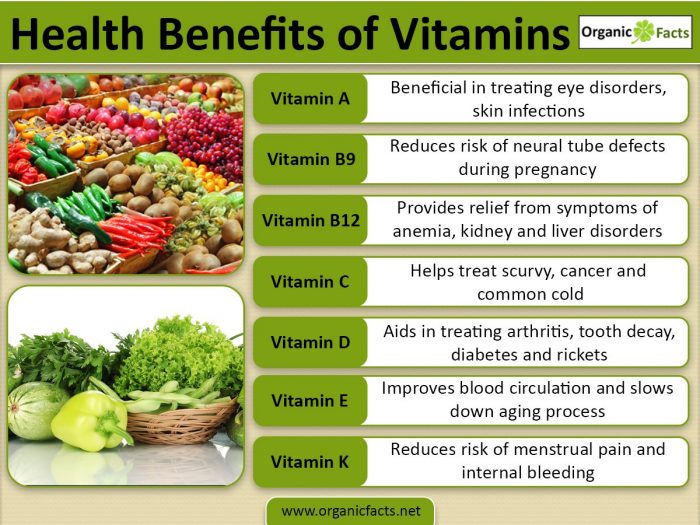The discussion surrounding collagen and vitamin C supplements has garnered significant attention in the realm of wellness and nutrition. Both substances play vital roles in maintaining skin elasticity, joint health, and overall vitality. However, the question remains: do you truly need to invest in both supplements to reap the maximum benefits? This article will delve into the functions, synergistic relationship, and individual benefits of collagen and vitamin C, ultimately providing clarity on their necessity in your dietary regimen.
Understanding Collagen: A Fundamental Protein
Collagen is the most abundant protein in the human body, accounting for about 30% of its total protein content. It plays a crucial role in maintaining the structural integrity of skin, bones, tendons, and cartilage. Collagen peptides, which are derived from the hydrolysis of collagen, are commonly sold as supplements. Here are the three primary types of collagen:
- Type I: This is the most prevalent type, found largely in skin, tendons, and bones, providing strength and resilience.
- Type II: Predominantly located in the cartilage, it helps maintain joint health and stability.
- Type III: Often found alongside type I in skin and blood vessels, it provides elasticity and hydration.
The synthesis of collagen naturally diminishes with age, commonly beginning around the age of 25. Factors such as sun exposure, smoking, and poor nutrition can exacerbate this decline, leading to visible signs of aging and diminished joint function. Consequently, collagen supplements have surged in popularity as a means to counteract these effects and promote overall well-being.
The Role of Vitamin C: An Essential Nutrient
Vitamin C, also known as ascorbic acid, is a water-soluble vitamin that boasts an array of essential functions within the body. Not only is it well-known for its immune-boosting properties, but vitamin C is also critical for collagen synthesis. It acts as a cofactor in the enzymatic reactions that stabilize collagen molecules, thereby enhancing its structural capabilities.
The human body does not synthesize vitamin C on its own; thus, it must be consumed through dietary sources such as citrus fruits, strawberries, bell peppers, and leafy greens. Deficiency in vitamin C can lead to scurvy, a condition characterized by weakened connective tissue, bleeding gums, and impaired wound healing. Consumers often turn to vitamin C supplements to ensure adequate intake, particularly when dietary sources fall short.
The Synergistic Relationship Between Collagen and Vitamin C
The relationship between collagen and vitamin C can be described as symbiotic. Vitamin C not only facilitates collagen production but also aids in protecting the skin against oxidative stress. This oxidative stress, caused by environmental pollutants and ultraviolet radiation, can damage collagen fibers. Therefore, consuming both supplements may provide a dual defense mechanism: promoting collagen synthesis while shielding existing collagen from degradation.
Many collagen supplements already incorporate vitamin C to harness this synergy; hence, some individuals may find that they do not need to purchase vitamin C separately. This convenient combination also streamlines supplementation routines, reducing the risk of overlooking essential nutrients.
The Specific Benefits of Each Supplement
While the combination of collagen and vitamin C is often suggested, it is essential to understand the unique benefits each brings to the table.
- Benefits of Collagen Supplements:
- *Improved Skin Health:* Research suggests collagen supplementation can enhance skin hydration and elasticity while reducing the appearance of wrinkles.
- *Joint Support:* Collagen may alleviate joint pain and stiffness by maintaining cartilage integrity.
- *Muscle Mass Preservation:* Certain studies indicate that collagen can help increase muscle mass when combined with resistance training.
- Benefits of Vitamin C Supplements:
- *Antioxidant Protection:* Vitamin C defends against free radicals that contribute to premature aging.
- *Enhanced Iron Absorption:* This vitamin aids in the absorption of non-heme iron from plant sources, critical for maintaining healthy blood levels.
- *Boosted Immune Function:* Adequate vitamin C levels are essential for the proper functioning of immune cells.
Potential Considerations: Do You Need Both?
Determining whether to take both collagen and vitamin C supplements boils down to various factors including dietary habits, lifestyle, and specific health goals. If you consume a balanced diet rich in fruits and vegetables, you may already be meeting your vitamin C needs. If you also incorporate collagen-rich foods, such as bone broth, your requirement for supplementary forms of both nutrients could be minimal.
However, individuals who find it challenging to meet dietary recommendations, experience signs of collagen deficiency, or seek accelerated results in skin and joint health might benefit from the combination of both supplements. Consulting with a healthcare professional can help tailor a supplementation plan that aligns with individual health objectives.
Conclusion: A Personalized Approach
In summary, both collagen and vitamin C play indispensable roles in maintaining overall health, with their individual attributes and synergistic partnership enhancing various bodily functions. While many individuals may find that consuming both supplements maximizes their health benefits, it’s crucial to assess personal dietary intake and health goals before making a decision. A personalized approach to supplementation, delivered with proper guidance, can provide the best outcomes for health and wellness.

